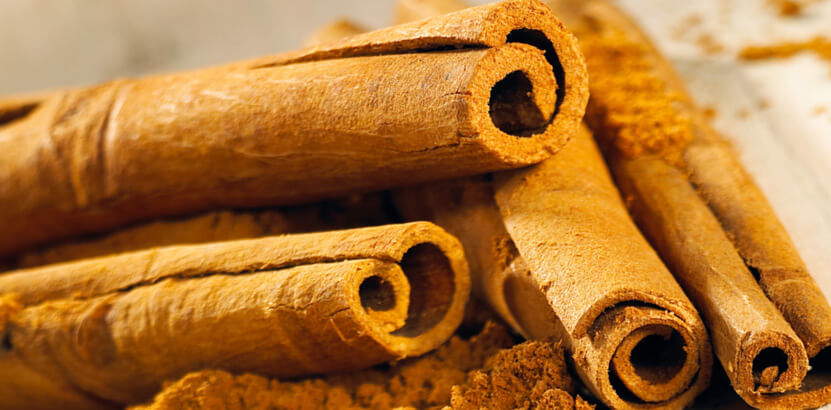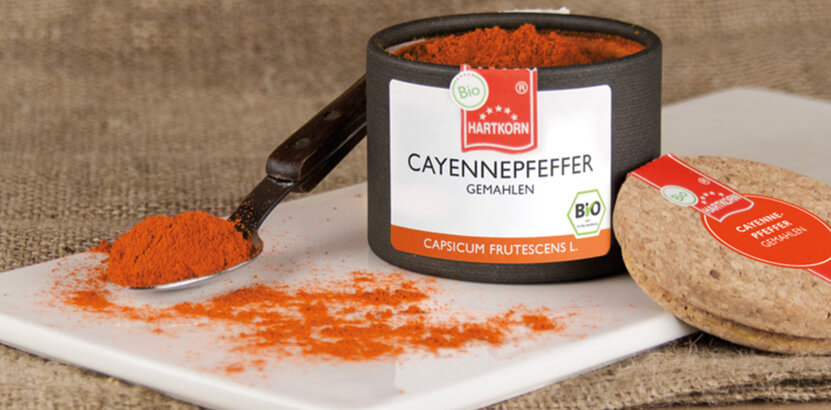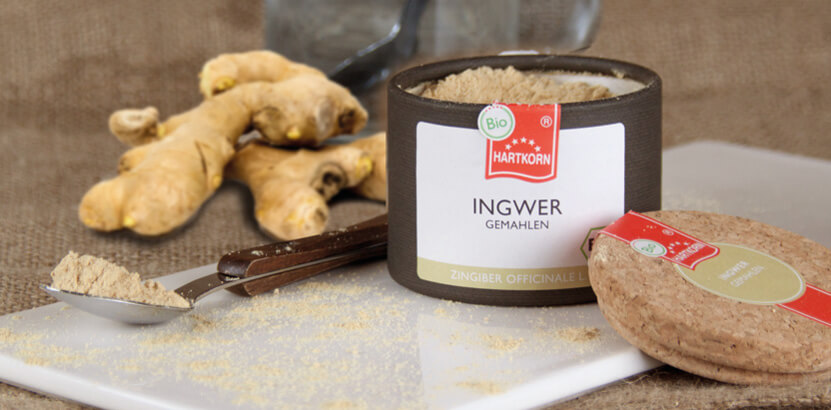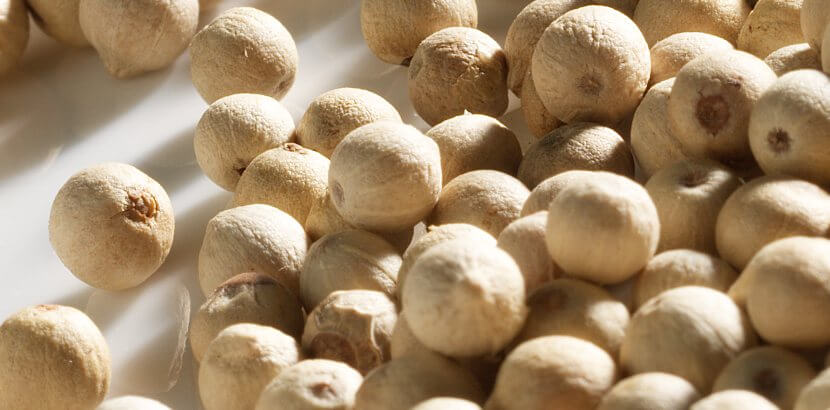In the 7th and 8th centuries, the Arab caliphate spread more and more. This relocated the existing trade routes or controlled them itself. The consequence? Spices became very expensive for Europe and were difficult to obtain. The time of the crusades of the 12th and 13th centuries made this situation even worse! However, contacts of the Europeans were allowed into the Orient for the first time, drawing their attention to distant India, whose richness in gold, but also in cinnamon and cloves and other spices quickly became a legend. In addition, despite the eviction of the Crusaders from the Levant in Europe, they pushed for a development in which more and more Iberian peninsulas began to free themselves from the occupation by the controlling Arabs.
Portugal was completely free from any occupation by the Arabs from 1215 (Spain only from 1492) and concentrated on seafaring in the following centuries. Prince Heinrich of Portugal bundled the country’s energies to research new sea routes and thus open up new trade routes. The project was further accelerated by the rapidly expanding Ottoman Empire, which replaced the Arabs in the control of the trade in the East. The time of discovery began. While we often only combine this time with the search for gold and other treasures, the development of the spice trade also played an important role. While the Azores, Madeira and the entire African coast were first discovered and thus spices such as tamarind, sesame, cloves, ginger, cinnamon and also various types of pepper, hibiscus and cardamom were opened up for the sea trade, the goal was still the same : India! And so both the Spaniards and the Portuguese set out to search …







